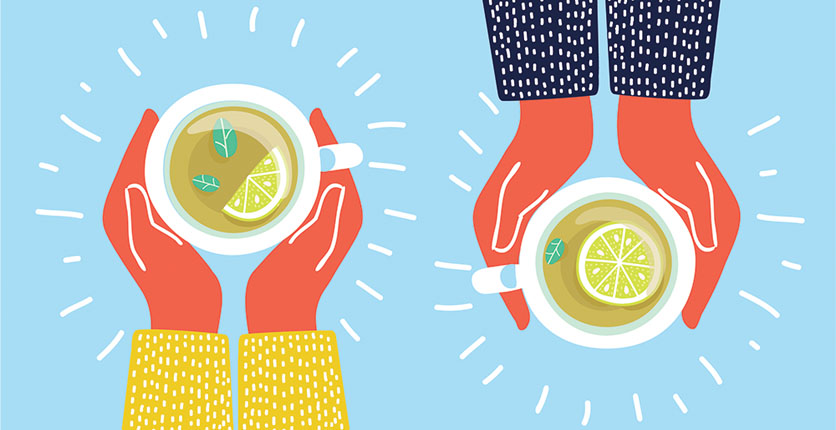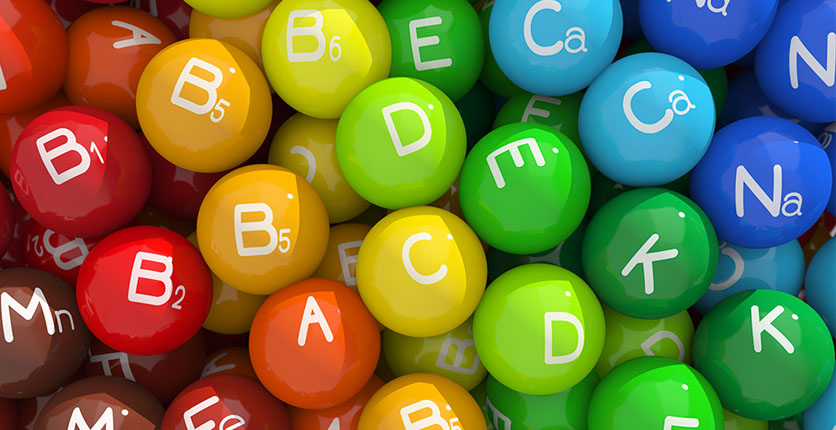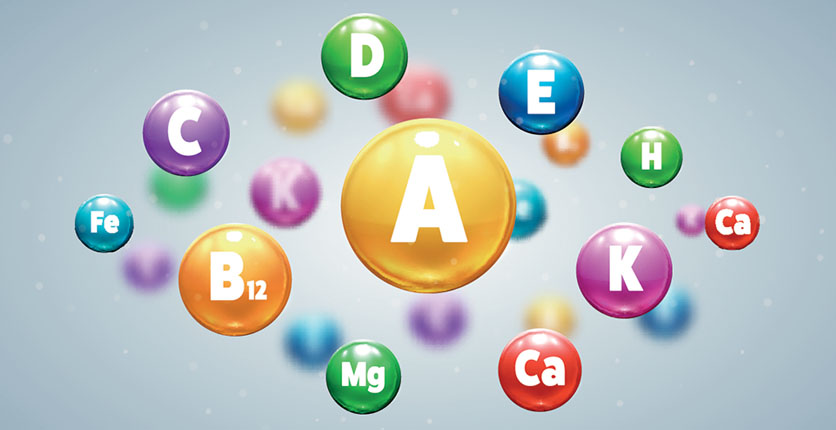Nothings beats a cup of coffee in the morning to perk you up. But, it can also make you feel jittery and disturb your sleep pattern because of its caffeine content. So why not brew a cup of tea instead? While true teas – those made from cured leaves of a tea plant – do contain caffeine, the concentration is often diluted. And herbal teas, or tisanes, are caffeine-free infusions or decoctions made from leaves, roots, berries, seeds and other parts of plants that are not the Camellia sinensis tea plants. Whatever the type, tea is a known home remedy to melt away tension, promote an overall feeling of serenity and induce good sleep; some kinds might also be able to assist in your “reinvigoration” during the day, enabling you to deal with work challenges better. While there are many tea flavours to pick, here are 5 of the more popular, calming ones to imbibe, whether as a wake-me-up hot drink, as a late afternoon treat, or just before bed.

Peppermint tea
Most of us would describe the taste of peppermint as refreshing, but the menthol contained in it is actually a natural antispasmodic (a.k.a. muscle relaxant). Hence, while drinking a cup of tingling peppermint tea may uplift your mood, it may also help lower your anxiety levels and relax you at the same time. Peppermint tea is useful for alleviating several stress-induced conditions such as digestive upsets and tension headaches, as well as reduce allergy symptoms such as a runny nose, itchy eyes and clogged sinuses, giving you relief while upping your low energy. Though pure peppermint tea is naturally caffeine-free and may improve sleep, it is advisable for pregnant women to skip having pots of it to help them catch their Zzzs as it could promote menstruation and possibly increase the risk of miscarriage.
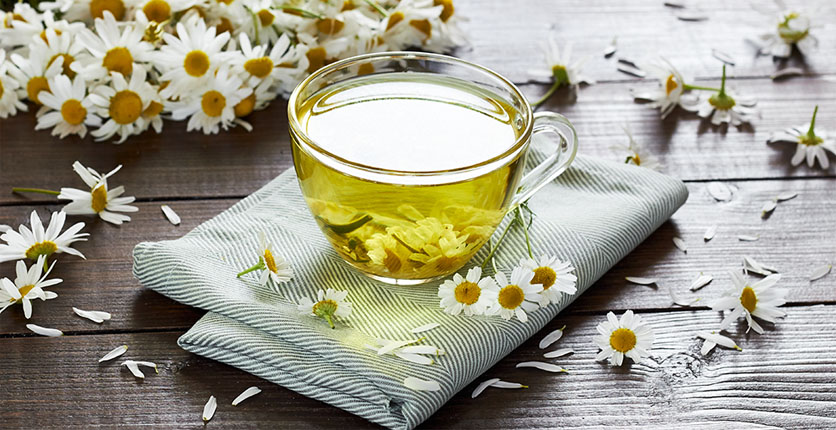
Photo: Shutterstock
Chamomile tea
Why this herbal tea is a popular bedtime beverage: It is mildly sweet-tasting and smells floral. If peppermint tea is too strong a taste (and aroma) for you, this caffeine-free tea is your next best option for a restful night. Studies have shown that the apigenin in this tea can bind to the gamma-aminobutyric acid (GABA) receptors in the brain, and similar to anti-anxiety medication, could bring about a sedative and relaxing effect, making you feel like you’re ready for dream land. Aside from being a possible natural treatment for anxiety-induced insomnia, sipping on chamomile tea during the day might help in removing that irritable grouch in you; sooth headaches and muscle aches by relieving tension; and quell any nervousness brought on by life’s daily stresses.
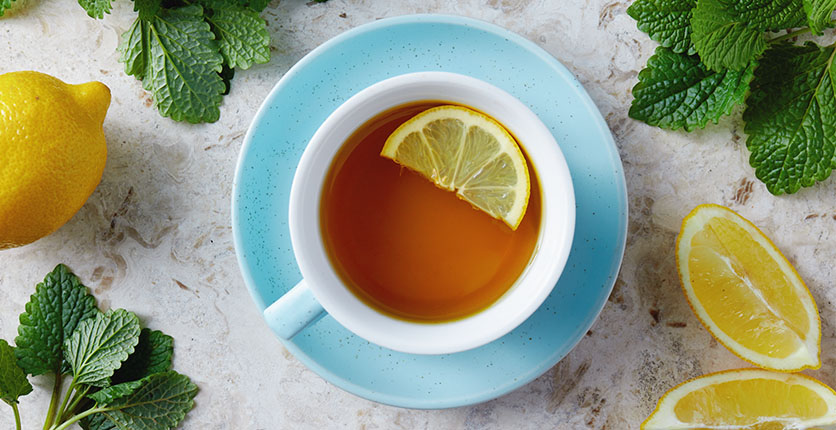
Lemon Balm tea
Fancy something minty and lemony to ease you through the day? Pour yourself some of this herb-infused tea. As lemon balm (also known as common balm or balm mint) is a perennial herb from the mint family, its citrusy, mentholated scent and taste is both natural and gentle, making this tea a perfect all-in-one mood booster and stress reliever. While it is purported to reduce cortisol (a stress hormone) and contains rosmarinic acid which helps to activate GABA receptors and aid relaxation, it does not cause drowsiness or compromise cognition. In fact, this tisane might actually help improve concentration levels and augment memory recall, which means you can continue about your day more productively while keeping your cool.
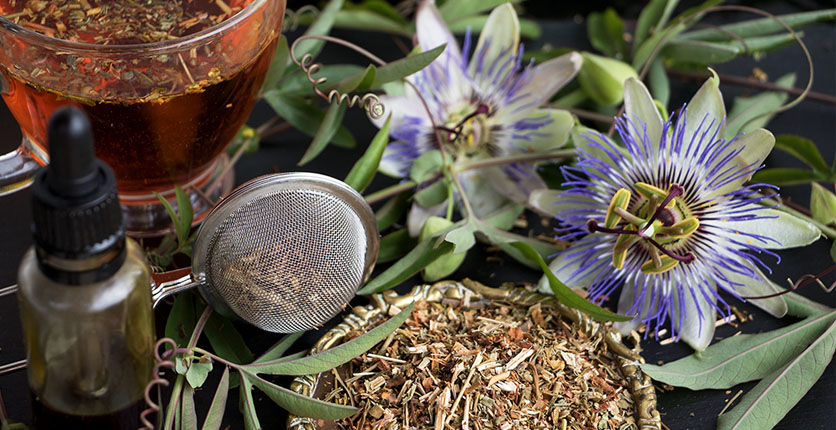
Passion Flower tea
With its mild, delicate (some might say earthy or even grassy) flavour profile, this floral tea can sometimes come blended with other herbs such as lemongrass and chamomile to enhance the taste. Even on its own, this tea offers anti-anxiety benefits, thanks to the flavone chrysin contained within. Other phytochemicals and alkaloids present in this flowering vine’s petals also work to help reduce stress chemicals and give you peace of mind before you hit the sheets. What else it’s good for: relieving inflammation, restlessness and a troubled tummy. Just take note: even though it is generally safe for consumption, children under 6 months, pregnant and lactating women, and individuals who are prescribed sedatives should steer clear as downing this tea might cause drowsiness that can hinder daily functioning.
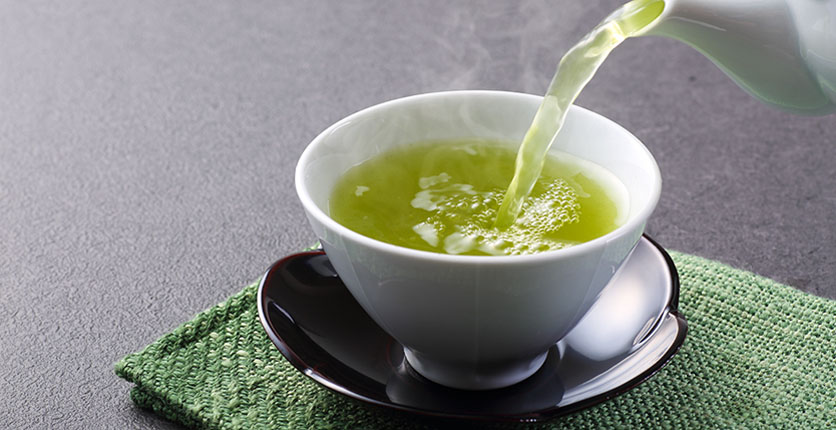
Green tea
If the myriad of teas bewilder you, then settle for a familiar one – green tea. The one true tea in this list may be a basic choice, but the its health benefits are aplenty. The polyphenols inside this tea are claimed to be able to help support your ability to deal with mental stress and anxiety: the amino acid L-theanine reportedly aids in calming the body’s response to stress, promote relaxation and reduce fatigue, while the flavonoid catechin yields possible antioxidant benefits such as reducing oxidative damage and negative effects of stress, as well as improving memory. In fact, a wide range of physical health benefits have also been associated with drinking green tea, from increased protection against some forms of cancer to lowering high blood pressure and cholesterol levels. What’s more, this roasted-grassy tasting adaptogenic beverage is said to be able to keep you alert, calm and resilient enough to resist all kinds of stressors – biological, physical or chemical. Truly a wonder tea!
Featured image: Shutterstock
